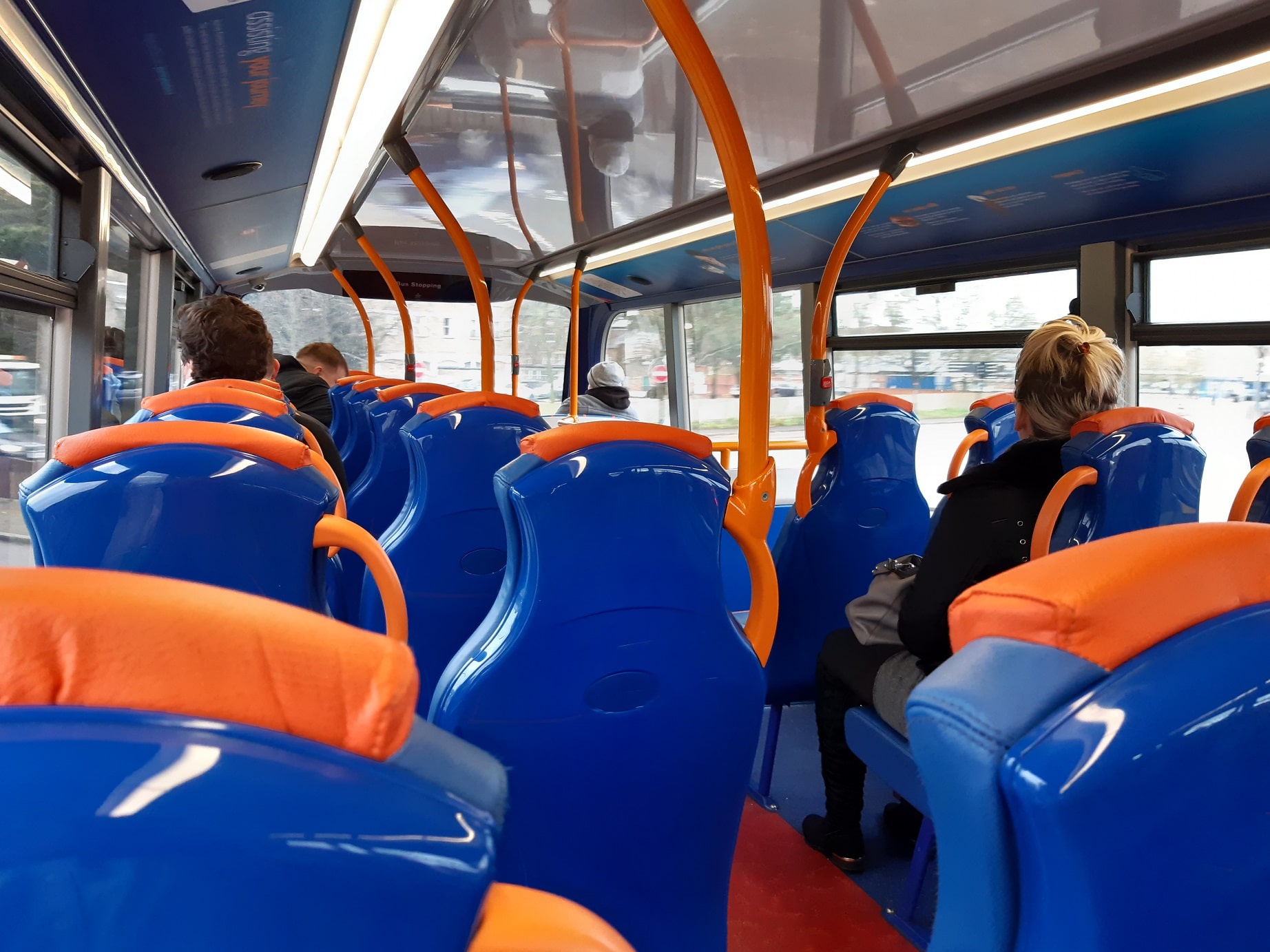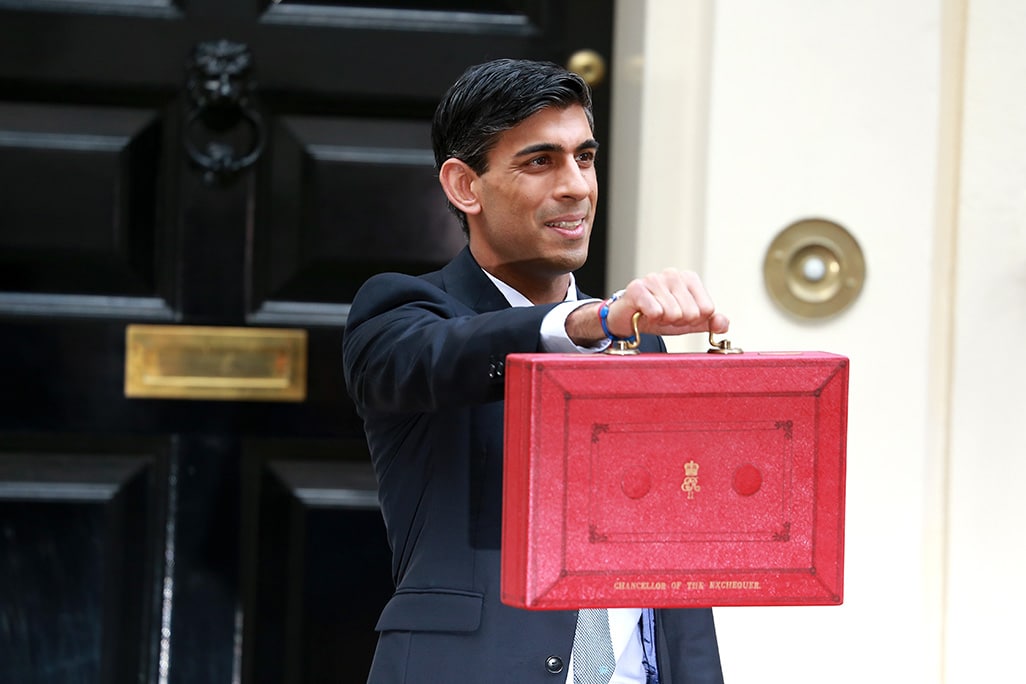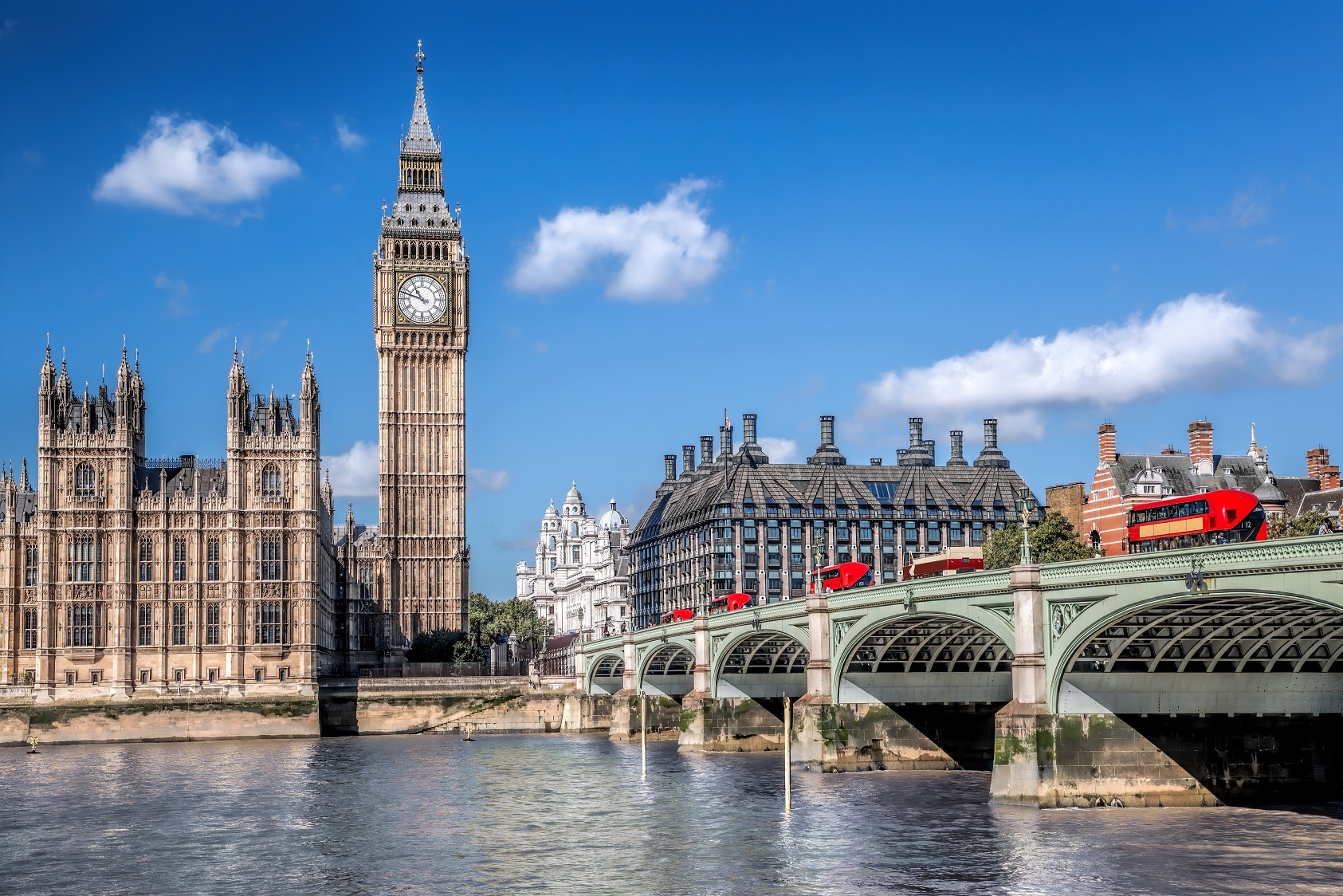Jessica Matthew, Director of Strategy at the Department for Transport (DfT), is moving across to the Roads, Places and Environment Group to work alongside Stephen Fidler, who as Director, Local Transport, has responsibility for, among other matters, bus policy.
It seems that the workload in this area is such that additional senior resource is required. Jessica Matthew will certainly provide some serious additional firepower to this area of the Department’s work.
There is no doubt that the pandemic has put considerable additional strain on DfT’s workloads – and that is true across large parts of the department. Indeed, I think it is true of large parts of Whitehall generally.
But whether Jessica Matthew’s move to work alongside Stephen Fidler is permanent or just a temporary measure to ease the current pressures is something I need to clarify. Perhaps things will become clearer once we have the long-awaited National Bus Strategy.
Lockdown restlessness comes before bus policy changes
As I write, the news on the pandemic is increasingly positive, as the vaccine programme is being rolled out with astonishing speed and infection rates, hospitalisations and deaths are on a downward trend.
Against this backdrop, many politicians – mainly Conservatives – are becoming increasingly restless at the continued lockdown, given the colossal, some would say unsustainable, economic and social impact that it is having.
What seems clear is that when the current restrictions start to be lifted, there is no way that we can go back to a third lockdown, even if we see the virus return next winter. The economy could not stand that, and I am not sure society could either.
And one would have to ask, what then is the point of the vaccine which appears to be remarkably successful in controlling the virus and reducing its transmission? Living and working in lockdown is such an artificial way of life that it cannot go on. And I for one am thoroughly sick of Teams and Zoom!
Bus patronage recovery rate will rely on policy interventions
Whether public transport operators will see a sudden bounce back in patronage seems very doubtful.

It will happen over time of course, but in the absence of wider policy interventions, I very much doubt we will see a complete return to pre-lockdown levels.
That is not least because several major corporates have already said they will only be opening their offices for three or four days a week, so a degree of home working is definitely here to stay. I wonder what will happen to all that unused office space!
So public transport operators have a herculean task to entice passengers back, and as everybody in the bus industry knows, patronage has been on a downward trend for decades anyway.
Fuel duty rise increase signalled by Sunak for Budget
However, I can see two things happening that might just make public transport a more attractive option to the motor car.
First, the Chancellor is signalling that he will put up fuel duty in his Budget on 3 March. That might not be popular among many Conservative MPs or motorists, but it is worth remembering that fuel duty has not been increased for many, many years.
Quite apart from the need to increase taxes to start to pay off the enormous debt mountain created by the pandemic it is time, in my mind, for the relative cost of motoring to go up, especially if we are serious about the decarbonisation agenda.
Eventual road pricing is key to long-term bus policy
Second – and say this ever so quietly – I think it is time for ministers to finally embrace road pricing. This, again, will not be popular – and of course, the idea has been rejected by the electorate in two separate local referendums on the issue in Edinburgh and Manchester.
But I have heard it said that the Chancellor is considering the idea. Historically, ministers have run a mile from the very concept of road pricing for fear of the electoral backlash that might come with it.
But if it is sold properly and is seen to be a tax that addresses key issues such as congestion and pollution, then I have a hunch that people will understand why road pricing is necessary and might even come to see it as a progressive tax that helps to address societal issues.
And a good proportion of the revenue raised should be hypothecated for investment in the strategic and local road networks – so that motorists can see that they are getting something back in return (something that is already happening anyway with the introduction of the new Road Fund last April).
A variable road pricing regime, based on the time of day that people drive and where they drive, should be a positive and beneficial policy, not a punitive one. If the Chancellor really is considering this, I hope he has the courage to press ahead.
Increasing the cost of motoring will benefit buses
If the cost of motoring becomes more expensive, I suggest that public transport, especially for local journeys, might become a more attractive option. Younger people are said to be buying cars less compared to their older generations. So who knows? The decline in patronage for public transport may not be as inevitable as some currently think.
I am not suggesting that road pricing will happen any time soon. There will need to be a lot of wicket-rolling and softening up of public opinion before anything can happen. It will need a lot of explanation and a great deal of political courage.
But its day will surely come. If I was a bus operator, I would be praying for that day to arrive as soon as possible. It is the right policy on so many levels and it would be good for public transport.



























